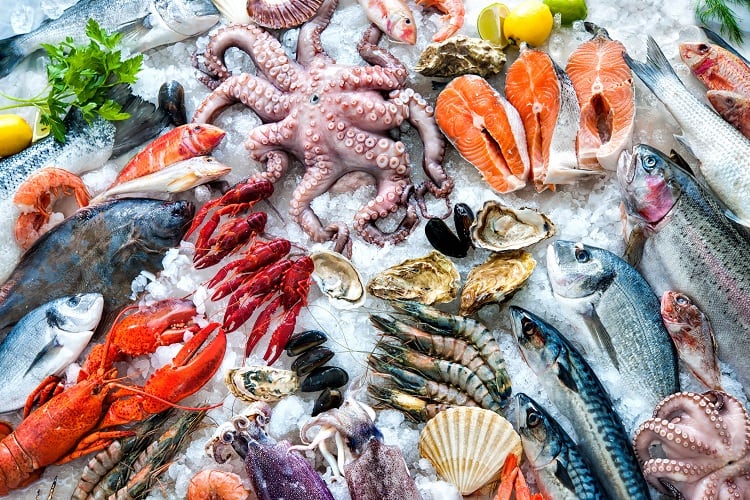In its 'Future of Convenience Report 2021', Lumina Intelligence explored consumer trends shaping the industry and how they can be leveraged in the current uncertain climate and beyond.
The researchers focused on the legacies of 2020 and how post-pandemic behaviour will impact shopper intentions.
The report highlighted three key legacies from 2020: the suburban migration, the development of new routes to market and what the insight group termed ‘recessionary revivals’.
The suburban migration
Pre-pandemic lifestyles centred around urban workplaces, global mindsets and inside living. The coronavirus crisis turned much of this on its head. Home working, local living and a ‘chase for outdoor space’ became the norm, Lumina Intelligence noted, citing plummeting city centre footfall.
Lumina’s consumer survey work suggested that these shifts are likely to continue into 2021. And it appears local retailers and producers stand to benefit. Seventy-eight percent of those polled said it is either ‘important’ or ‘very important’ to support local suppliers and retailers. While 53% reported shopping locally more in the last year, 42% said they will continue to shop locally in the future.
“Disrupted global supply chains and trade restrictions for businesses made local buying both a necessity and desire in 2020. This behaviour is expected to continue, with most consumers defining ‘local’ as ‘made in the UK’ – a trend that will be boosted by Brexit,” senior insight manager Alice Dolling said.
Consumers also expect businesses to ‘give back’ to the local community, Lumina – owned by FoodNavigator publisher William Reed Business Media – noted. Seventy-four percent of those polled said it’s either ‘important’ or ‘very important’ to support businesses who give back to the community.
“Community involvement is pivotal in building loyalty and awareness,” Dolling observed.
‘Expanding avenues’: New routes to market
The pandemic also accelerated the development of what Lumina Intelligence termed ‘expanding avenues’, that is new ways to reach the consumer and fresh routes to market as shoppers continued to shift online.
Indeed, Lumina revealed, 18% of consumers have changed their ‘primary method’ of grocery shopping to online in the last year.
“2020 saw an acceleration in online shopping that we could never have predicted. Nearly one-in-five shoppers changed their primary method of grocery shopping to online, highlighting the opportunity available,” Lumina’s senior insight manager commented.
Demand for delivery from supermarkets outstripped supply during the spring, creating an opportunity for convenience stores and sparking growth in ‘On Demand Convenience’, Lumina revealed. Retailers also innovated with the introduction of bundle boxes and subscription offers.
‘Recessionary revivals’: The economic impact will be felt for ‘many years’
In August 2020, the UK entered a recession for the first time in 11 years and unemployment rates have soared through the pandemic.
The economic impact of COVID-19 is likely to be felt ‘for many years’ and retailers and suppliers should therefore expect to see consumers demonstrating savvier shopping behaviour, Lumina Intelligence predicted.
Indeed, the research report highlights a high degree of anxiety among consumers, with 61% stating they are ‘very’ or ‘extremely’ aware of product prices in convenience stores; 43% saying they are ‘likely’ or ‘highly likely’ to join a loyalty scheme if it offered personalised offers; and 28% of shoppers purchasing own label.
Almost half of respondents, 46%, said they either ‘agree’ or ‘strongly agree’ that they are trying to reduce their food and drink spend while a consequential 66% either ‘agree’ or ‘strongly agree’ that they are more careful with what they spend money on than before lockdown began.
Dolling commented: “With the UK entering its first recession in 11 years, consumers will be more aware of their spending and will be engaging in price comparisons. Retailers and suppliers will inevitably have to be reactive with promotions, but also offer loyalty schemes to gain and retain shopper custom.”




